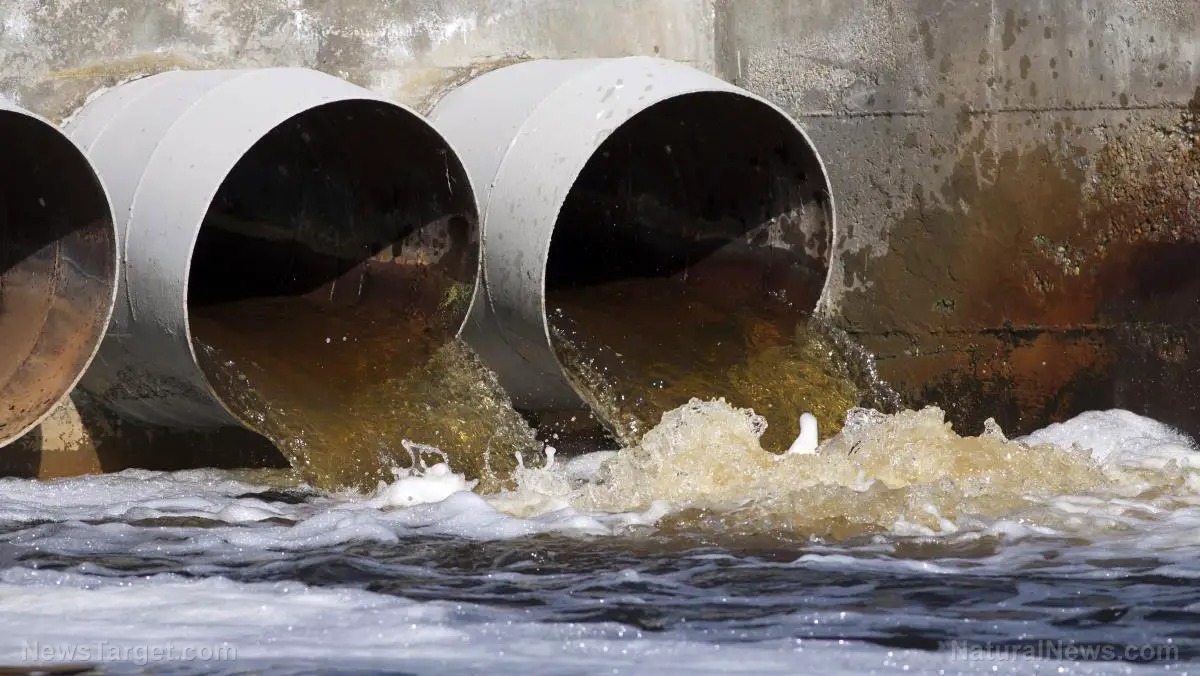Kenya began the 2nd phase implementation of the Nairobi River Sewerage Improvement Program. The project was part of the Nairobi Rivers Rehabilitation and Restoration Program, which aimed to improve the access, quality, availability, and sustainability of wastewater services in the Nairobi metropolitan with a view to contributing to the restoration of the Nairobi Rivers Basin.
Funded by the African Development Bank (AfDB) and the French Development Agency, the project included the rehabilitation and construction of wastewater treatment facilities at Dandora, the construction of 220km of sewer reticulation network including faecal sludge management infrastructure, and the construction of 50 new ablution blocks as well as the rehabilitation of 50 already existing ablution blocks in Nairobi informal settlements.
The Nairobi River Sewerage Improvement Program phase 2 followed the success of the first phase, which had increased sanitation coverage in the region from about 40% in 2012 to approximately 48% in 2017. Following its successful implementation, Kenya seeks to commence the Nairobi sewer & roads construction project as it issues a tender to Chinese-based China Energy Engineering Group (CEEG).
Also Read: Construction of Kiambu-Ruaka water supply and sewerage project in Kenya kicks off
Expectations for the 2nd phase of the Nairobi River Sewerage Improvement Program
By directly supporting the Athi Water Services Board (AWSB) and Nairobi City Water and Sewerage Company (NCWSC) through institutional strengthening, the project is expected to enhance the provision of reliable, safe, and sustainable urban sanitation services in the East African country capital city with a view of contributing to improved access and increased economic activities.
It is also expected to contribute to the realization of Kenya’s Big Four Agenda and the Sustainable Development Goal 6 which has committed to ensuring universal and equitable access to safe and affordable water for all, access to adequate and equitable sanitation and hygiene for all, and an end to open defecation within the next ten years.
The main beneficiaries of the project are the inhabitants of the city of Nairobi and the surrounding areas, including people living downstream.

Leave a Reply